CN has new editors, new writers, a new layout and a new webcast—but the same principles of its founding editor.
Consortium News founding editor Bob Parry, the legendary investigative reporter, passed away at the beginning of 2018 and left behind a legacy of fearless reporting that challenged Official Washington and Establishment presumptions.
After an interim, three-month period managed by Bob’s son, Nat Parry, the new regime at Consortium News took over on April 1, 2018 with a commitment to maintain and build on Bob’s work. It would have to be done without the very essence of the site: Bob Parry’s nearly daily reports and essays. In other words, they were impossible shoes to fill.
The new editorial team has now been responsible for more than 10 percent of Consortium News‘ 25 year history. Here are the most important achievements and innovations we have so far brought to the oldest independent news site on the Web.
CN Live!
Nat Parry said in July 2019 at the launch of Consortium News‘ webcast, CN Live!,:
“Congratulations on the CN Live! initiative — it looks great and is something I’m sure my dad would be pleased with. I know he always wanted to do more in terms of video…”
The webcast is an antidote to superficial, partisan and commercialized mainstream television news. Consider how far cable news has fallen since Cable Network News (CNN)’s very first broadcast on June 1, 1980. CNN aired a lengthy investigative report on faulty fuel gauges in commercial airliners. It broadcast an in-depth live report from the Middle East critical of Israeli politics, and veteran newsman Daniel Schorr interviewed and challenged President Jimmy Carter.
But 1980 was the beginning of the end of an era of more skeptical U.S. journalism that demanded proof from its own government. It began to close as Ronald Reagan was elected. He worked to stamp out the skepticism bred from Watergate, the U.S. defeat in Vietnam and Congressional hearings exposing intelligence agency crimes and abuses.
Reagan did this, in part, by resurrecting the most obvious and simple myths about America. And he worked with the CIA to manage America’s perceptions away from the critical thinking of the 1970s, as Bob Parry extensively exposed.
There have been a few periods in American journalism when demanding proof from government was expected. The muckraking of Lincoln Steffens of the Progressive Era was one. The 1970s was another, when mainstream reporters would not so easily buy what the CIA was selling as they do today.
But mostly journalism has been a business filled with careerists who live vicariously through the powerful people they cover, disregarding the even greater power the press has to hold the powerful to account.
CN Live! utilizes this power by responding to partisan broadcast journalism with in-depth, long-form , video reporting that one rarely sees on the tube anymore.
With the skillful work of CN Live!‘s executive producer, Cathy Vogan, the program has explored numerous international and U.S. events such as war crimes committed by the U.S. and Australia, the U.S. general election, the Julian Assange case, Russiagate, Jeffery Epstein, France’s Yellow Vest movement, and much more.
Among our many guests have been John Pilger, Kristinn Hrafnnson, Daniel Ellsberg, Oliver Stone, Jill Stein, William Binney, Ray McGovern, Randy Credico, Margaret Kimberley, Pepe Escobar, Whitney Webb, Aaron Mate, Ben Norton, Gareth Porter, Nils Melzer, As’ad AbuKhalil, Kim Dotcom, Mary Kostakidis, Scott Ritter, Alexander Mercouris, Michael Isikoff and Fidel Narvaez.
Before CN Live!, Consortium News‘ YouTube channel had fewer than 5,000 subscribers in 18 countries. Its viewers were 87 percent male, with 60 percent older than 65, and only 2.6 percent younger than 44. Today, CN Live! is seen in 59 countries, has almost 9,000 subscribers and viewers are now 66 percent male, 34 percent female, and 25 percent are under 44.
Anniversary
In the horrible year of 2020, Consortium News found some room for celebration as we marked our 25th Anniversary of continuous publishing since 1995.
In terms of the World Wide Web, November 1995 is ancient history. That’s when Bob Parry founded this website as an alternative to the repressive consensus of the mainstream newspapers, all of which at the time were still available only on paper.
Consortium News was first published on Nov. 15, 1995, which was just five days before Salon published its first online edition as salonmag.com on Nov. 20, 1995. CN went online two months before The New York Times launched its website on Jan. 22, 1996 and five months before The Los Angeles Times launched on April 8, 1996.
The Wall Street Journal first published online on April 29, 1996, introducing the first “pay wall” (CN has always been free.) The Washington Post went on the Web in June 1996, seven months after Consortium News. CNN’s website was first published on the web on Aug. 30, 1995, making it the first mainstream news site in the U.S.
Year in Review
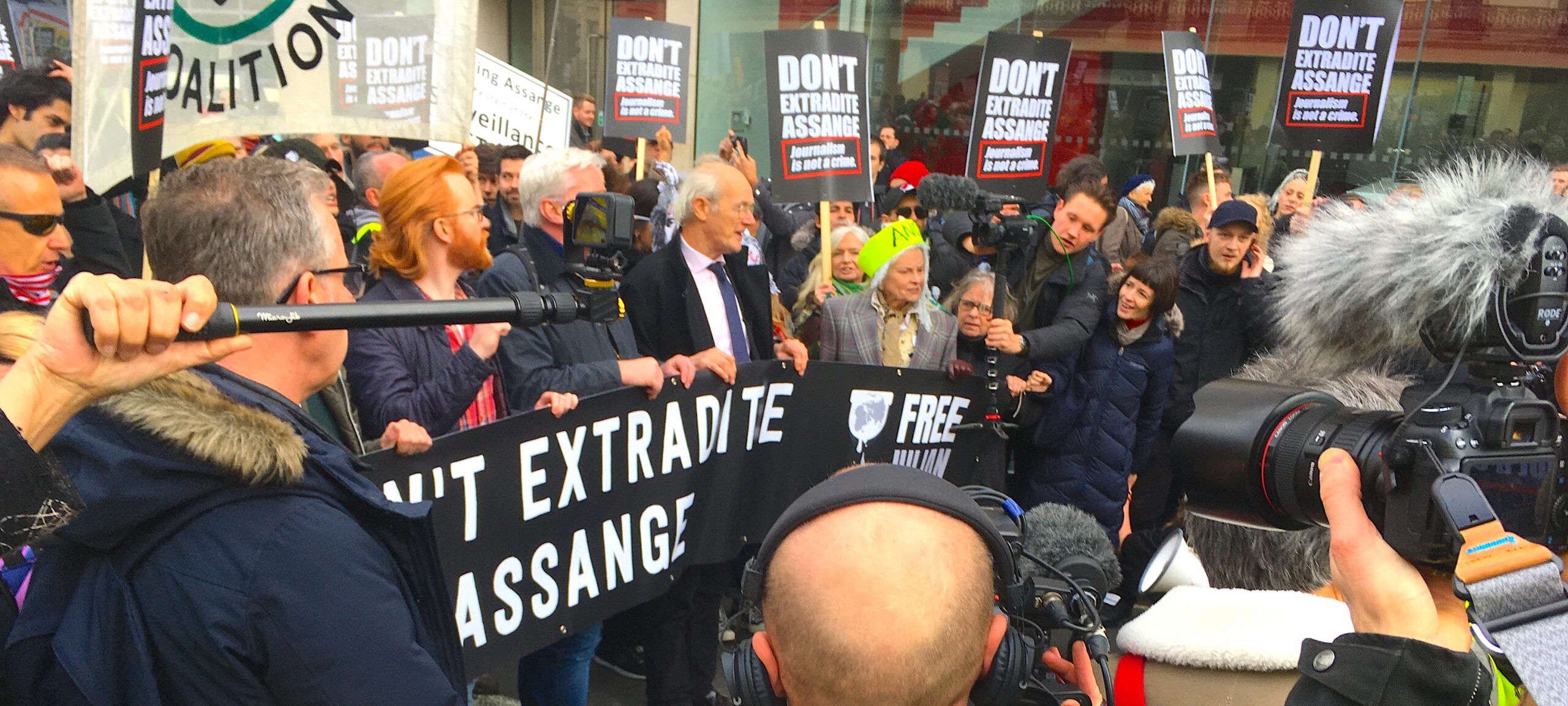
Joseph Farrell, Kristinn Hrafnsson, John Shipton and Viviene Westwood at London Assange rally in February before hearing began. (Joe Lauria)
The Year 2020 was highlighted by our coverage of the Julian Assange extradition hearing in London. In February Consortium News visited the London courtroom where the first part of the hearing took place. After the coronavirus lockdown we covered the last four weeks of the process in September with a direct video link to the courtroom.
Consortium News and our webcast CN Live! provided live tweeting and updates throughout the day when court was in session; nightly video reports; and in-depth weekend webcasts with defense witnesses and legal analysts. Our reporting came amidst the absence of mainstream media coverage of the media trial of the century, in which a publisher has been imprisoned for publishing material uncovering war crimes and corruption. Assange faces 175 years in solitary confinement if he is extradited and convicted in the United States.
Our Assange coverage was praised by the great journalist and filmmaker John Pilger who said: “Congratulations on your Herculean effort! A lesson in real journalism … CN coverage of Julian has been by far the most comprehensive.”
Pentagon Papers whistleblower Daniel Ellsberg, who was a defense witness at the hearing, said Consortium News had “excellent coverage” of the hearing.
During the year we also ran a WikiLeaks series looking in depth at the revelations of WikiLeaks‘ publications since 2010.
In 2020 we continued our coverage of the ongoing Russiagate saga, which Bob Parry was among the first to critically analyze. This month we ran a piece looking skeptically into the alarmism surrounding the latest, alleged Russian hack.
In July we assessed Colin Powell’s role in the launching of the 2003 invasion of Iraq with three original articles from the unique perspectives of Scott Ritter, a former chief U.N. weapons inspector in Iraq; Ray McGovern, a former CIA analyst who chaired the agency’s National Intelligence Estimates, and journalist Joe Lauria, who reported from UN Headquarters in New York in the lead-up to the war for The Boston Globe and other newspapers.
In August we ran more than a dozen articles at the 75th anniversary of the Hiroshima and Nagasaki bombings, highlighting recent historical analysis that has deemed the bombings totally unnecessary.
The year saw continuous coverage by Consortium News of the other consequential issues of our day: climate change, income inequality and racism, the coronavirus pandemic, U.S. militarism, and the crisis of the Middle East.
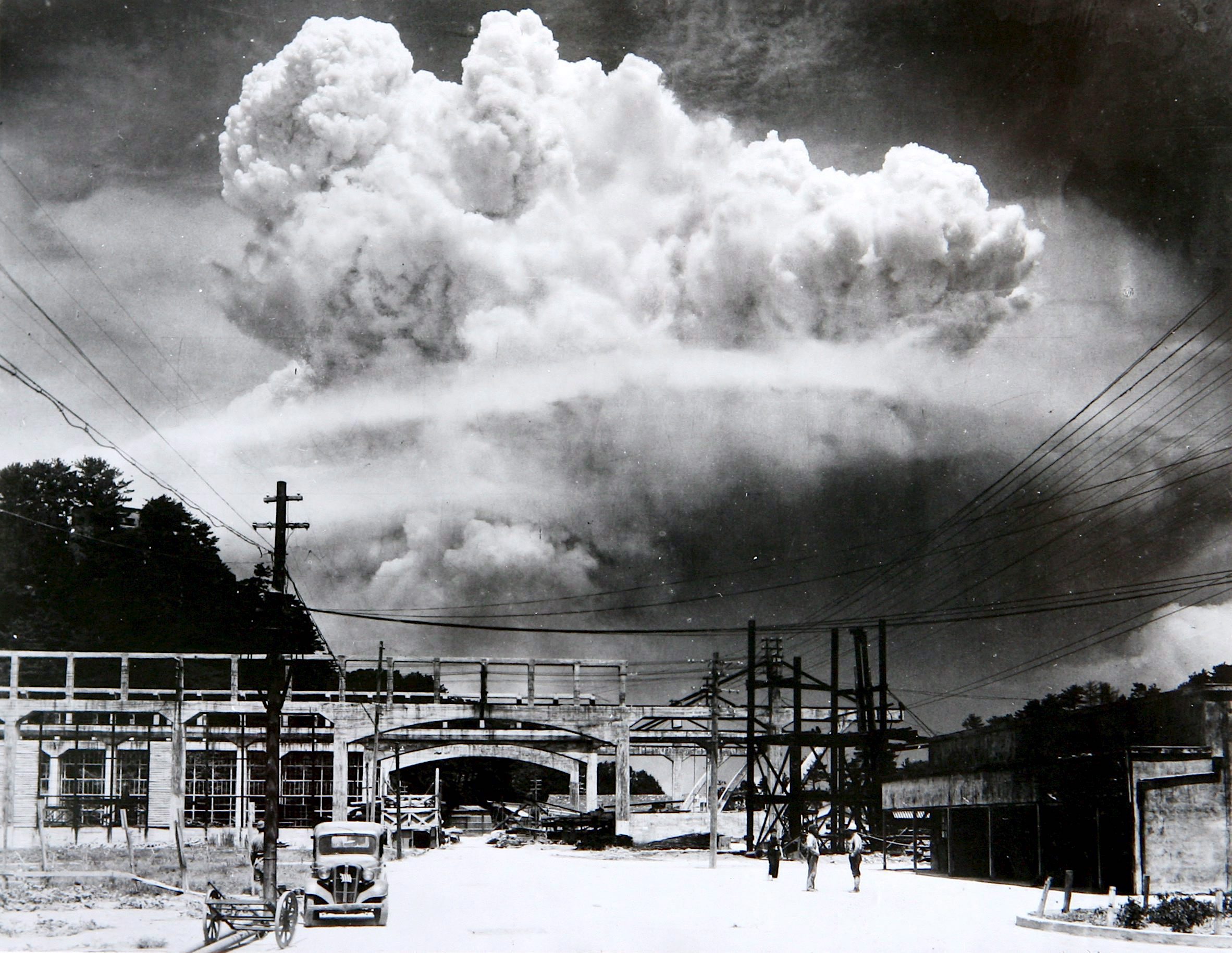
The bombing of Nagasaki as seen from the town of Koyagi, about 13 km south, taken 15 minutes after the bomb exploded. In the foreground, life seemingly went on unaffected. (Wikipedia)
Attacks Continue
On Thanksgiving weekend 2017, The Washington Post published an article based on the opinion of an anonymous group called PropOrNot smearing a number of independent news sites critical of U.S. foreign policy as being “routine peddlers of Russian propaganda.” Consortium News was included on this McCarthyist list for critiquing elite U.S. interests.
Bob Parry endured a barrage of personal attacks for his reporting on the U.S.-backed coup in Ukraine; chemical weapons attacks in Syria; the attack on Flight MH-17 and for being the first to methodically tear apart the Russiagate theory.
The attacks have not let up. In October the Consortium for Independent Journalism, Inc., publishers of Consortium News, filed a defamation suit in federal court in Virginia against the Canadian television network Global News for falsely reporting that Consortium News was “part of a cyber-influence campaign directed by Russia.”
New Writers
Having been on the inside of the Establishment at high levels, our writers, editors, producers and board members work to provide the public with a significantly different point of view of international and domestic U.S. affairs than the mainstream corporate media.
Among our writers are two dissident, former Central Intelligence Agency officials, Ray McGovern and John Kiriakou. McGovern is the bridge between the two eras of Consortium News. He delivered the Presidential Daily Brief to Presidents Ronald Reagan and George H.W. Bush. Kiriakou is part of the new era. He was a field agent who blew the whistle on the CIA torture program.
Among our other new contributors are veteran Brazilian journalist Pepe Escobar; long-time Paris-based American journalist Diana Johnstone; As’ad AbuKhalil, a.k.a. “The Angry Arab,” a professor of Middle East studies at the University of California; and Patrick Lawrence, a former Asia editor for the International Herald Tribune.
New News Digest
In addition to original reporting, Consortium News curates the best selection of non-mainstream journalism on the internet that challenges conventional thinking on war, the welfare of the people and intelligence misdeeds.
In too many ways, many of America’s and the world’s biggest political and social issues come down to U.S. intelligence agencies in the service of the elite against the people. We know what side the corporate media is on.
Among the non-corporate sites we have republication agreements with are TomDispatch, JonathanCook.net, the GrayZone, ScheerPost, CaitlinJohnstone.com and All Points Analysis.
New Layout
Consortium News in the past two and a half years has updated its appearance. The page color is meant to replicate newsprint and is easier on the eyes. The selection of photographs from publicly available databases has expanded and their display made more prominent. The point size is larger and writer headshots have been added.
We’ve redesigned our logo, keeping the link to the skeptical journalism of those days when a typewriter, a telephone and a good pair of shoes was all a reporter needed. With the proper funding, Consortium News would engage a developer to redesign the site, maintaining its retro look.
New Editors
Bob Parry ran Consortium News virtually single-handedly for 22 and a half years. We have added an extremely important deputy editor in the person of Corinna Barnard, a former Wall Street Journal and Dow Jones editor, who was the top editor at WomensEnews.org.
Joe Lauria took over as editor-in-chief on April 1, 2018 with the unenviable task of following a legend. As the premier investigative reporter of his time, Bob Parry uncovered one of the greatest scandals of U.S. history. No one died in Watergate, but people continued to be killed in Nicaragua because the Reagan White House unconstitutionally funded the Contra killers—by secretly dealing arms to Iran through Israel—after Congress had cut off the Contra’s funds.
Lauria has taken part in his share of investigative reporting. At Bloomberg News in the 1990s he initiated and led an investigation into a counterfeit government bond that led to the resignation of a governor of an Argentine province.
As a freelance member of the Sunday Times of London investigative unit, he worked on many investigations, including one in which he went undercover to help expose a corrupt member of Parliament, leading to the member’s suspension from the House of Commons.
Lauria was part of a Sunday Times probe that uncovered an FBI-MI5 double agent who had penetrated the Real Irish Republican Army in the United States. For the Sunday Times he also discovered a cloning lab in Nitro, West Virginia run by a Montreal-based cult that was defrauding a West Virginian politician who wanted his dead infant son resurrected.
At The Wall Street Journal Lauria broke a story that showed Saudi Arabia began its war against Yemen in order to stop a UN-brokered, democratic deal it could not live with. He had a U.S. exclusive on the UN General Assembly deciding to revisit the death of Dag Hammarskjold, the second secretary-general, after new evidence emerged that Hammarskjold may have been assassinated.
Lauria covered international affairs at United Nations Headquarters in New York for 25 years reporting for several outlets, including The Boston Globe, the German Press Agency dpa and the WSJ. He covered the diplomatic side of every major world conflict from 1990 to 2015, including the first Gulf War, the wars of the former Yugoslavia, the genocide in Rwanda, and the 2003 invasion of Iraq.
Before that invasion he was fired by the Canadian newspaper chain that published the Montreal Gazette, Vancouver Sun and Ottawa Citizen and other newspapers. The chain’s foreign editor had called Lauria to order him to support the war in his reporting from the UN Security Council, which did not approve the invasion. Lauria refused.
The editor-in-chief began writing for Consortium News in 2011 after some of his corporate editors suppressed several of his stories.
Same Principles
Though some things have changed at Consortium News since Bob Parry, the guiding principle of non-partisan, fact-based reporting has not.
Given the hyper-partisanship into which the media has devolved, Consortium News can be perplexing for some readers. While we have published many articles critical of Donald Trump and his policies, we also run many pieces critical of Joe Biden and the Democratic Party.
The term “impartial journalism” is redundant. If it’s not impartial, it’s not journalism but something else.
Aside from the Five Ws, the most basic thing a cub reporter learns is that there are two or more sides to every story and a reporter must put her or his biases aside to fairly tell it. Newswriting demands a neutral point of view, favoring none of the sides. The facts will determine who might be the villain.
In reporting on conflicts—the essential drama inherent in journalism—there’s plenty of gray area. One side is rarely completely right and the other side totally wrong. It’s a journalist’s responsibility to lay out the complexities of the story and not feed bias.
While there has always been bias in journalism, reporters used to be trained to at least try to play a particular role as a detached observer. It was considered the essence of professional journalism. Today that effort is clearly being abandoned.
Because Consortium News was in the forefront of Russiagate skepticism, partisan Republicans may have falsely thought that we were in their camp and can’t accept that we criticize Trump and their party. Partisan Democratic readers ignore our criticism of Trump and focus only on our critical views of the Democratic Party. But this is unfortunately what happens when one reports and analyzes facts without political party bias.
During the 2020 presidential campaign, someone pitched a series of articles to us that would document Trump’s lies and fraudulent behavior. We agreed, but only if we ran a series of articles on Biden’s less than truthful record. Not surprisingly, that condition was turned down. The idea that a media outlet would look objectively and skeptically at both major presidential candidates, the job journalism is supposed to do, was a non-starter. It was a statement about the sad state of journalism.
Future Plans
Consortium News has several plans to expand if it can raise the funding. We would like to hire a Washington correspondent to dig up stories that don’t appear in the mainstream press.
We have correspondents in Britain, Italy and India, but would like to expand to other countries. This month we published our first piece from our India correspondent, Betwa Sharma.
If we bring on these new reporters will also need new editors to work with them.
It will take a lot of funding, but in honor of Bob Parry we want to assemble an investigative team of reporters and editors to spend considerable time on stories that need to be investigated and that corporate media is ignoring.
Therefore we asking you to donate during our Winter Fund Drive to maintain current operations and to help implement these future plans.
With the increasingly aggressive partisanship of the United States, growing worse by the day, we need your support now, more than ever.
Contribute to Consortium
News’ Winter Fund Drive

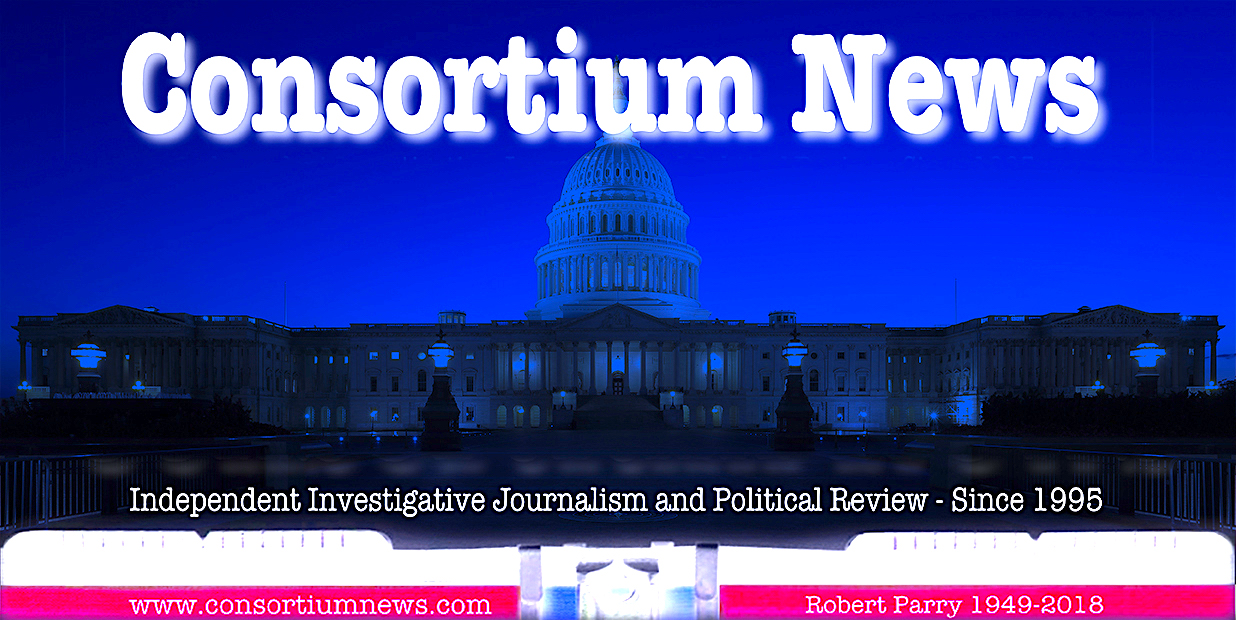

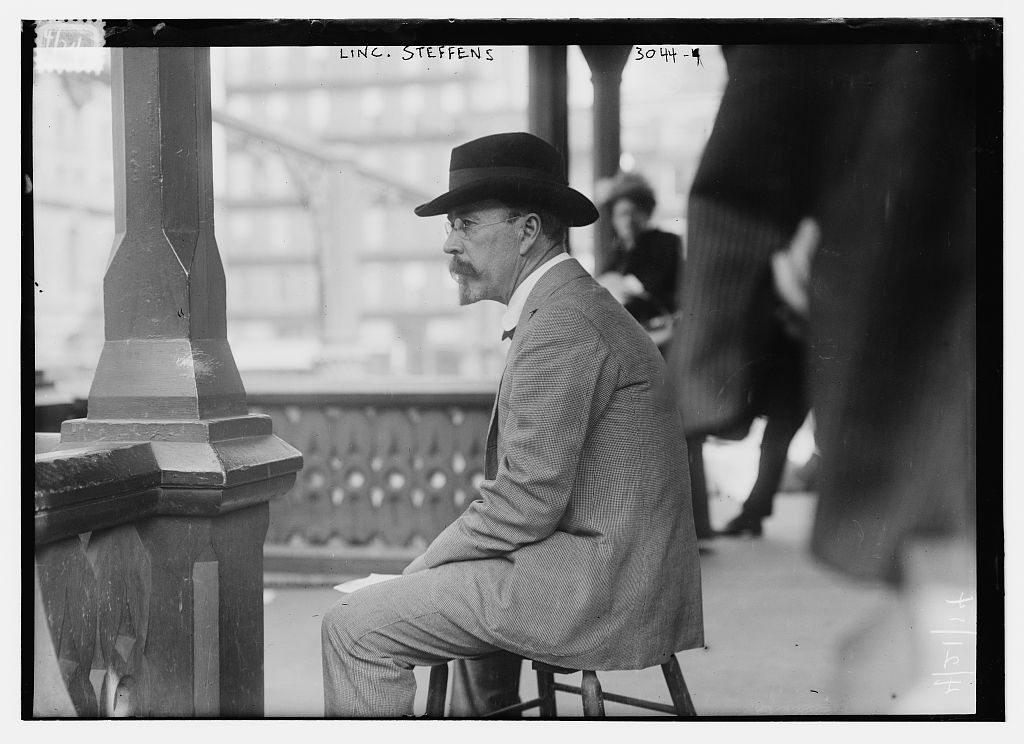
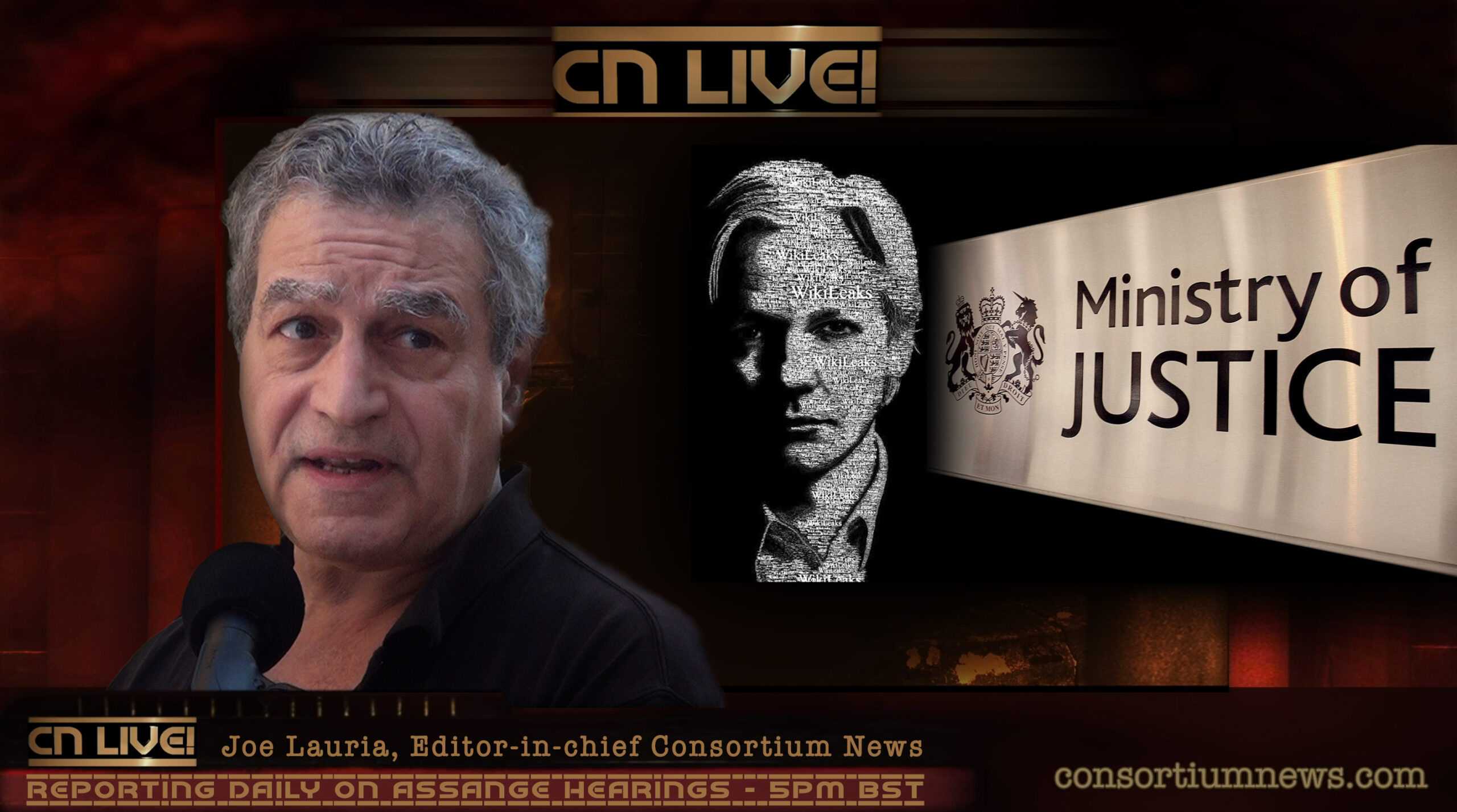
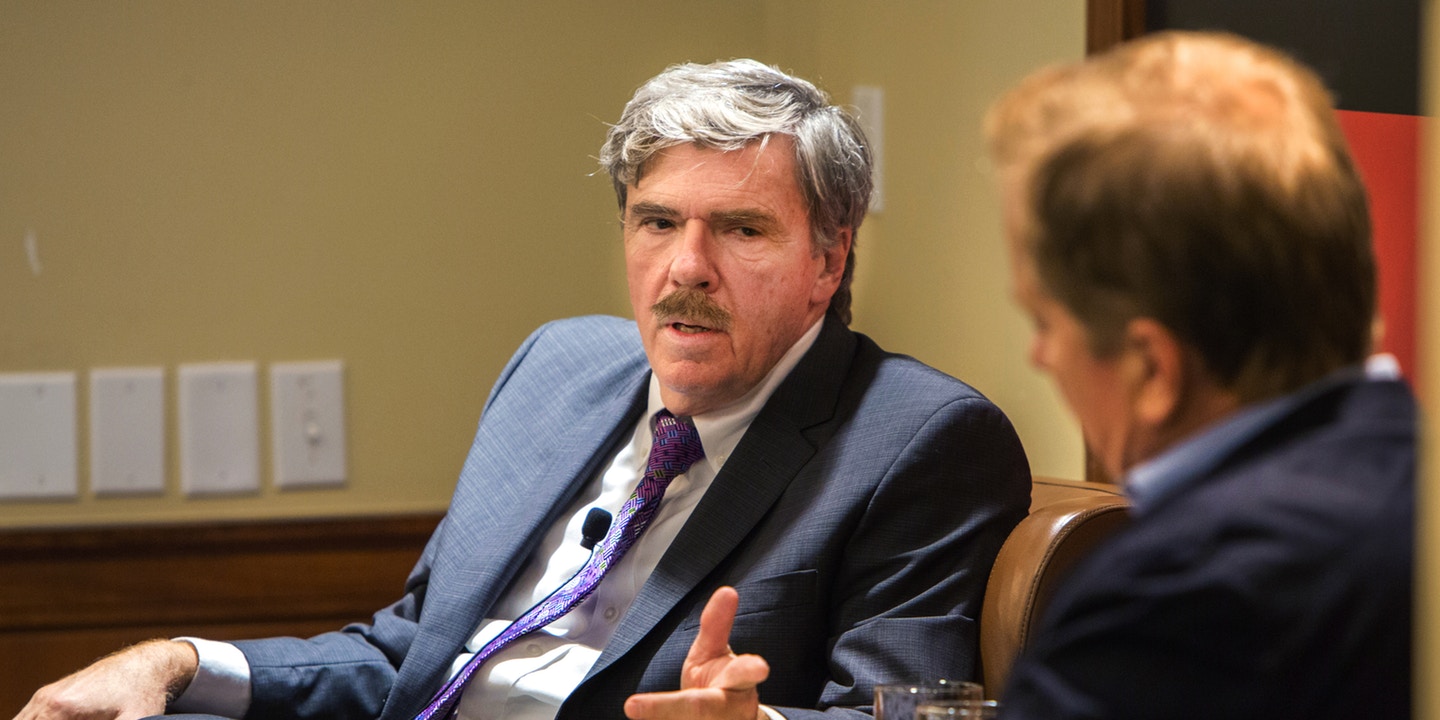


Show Comments